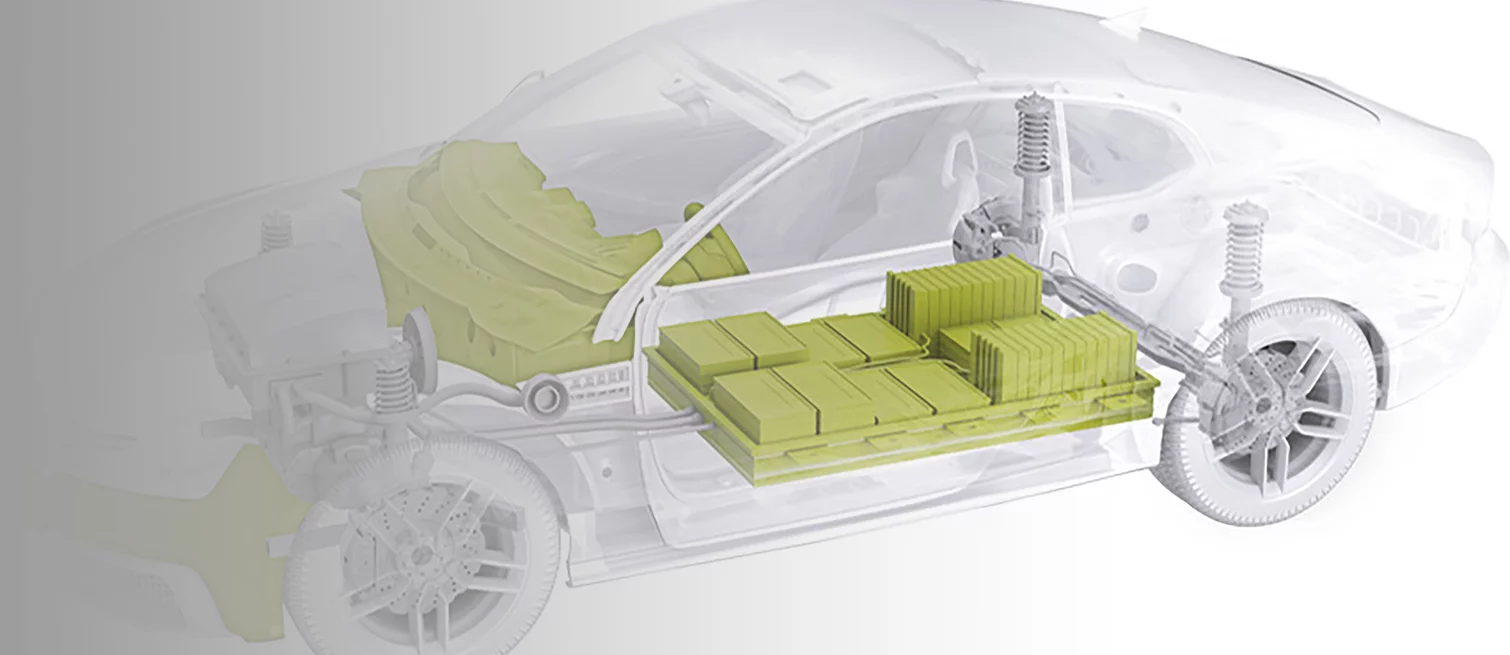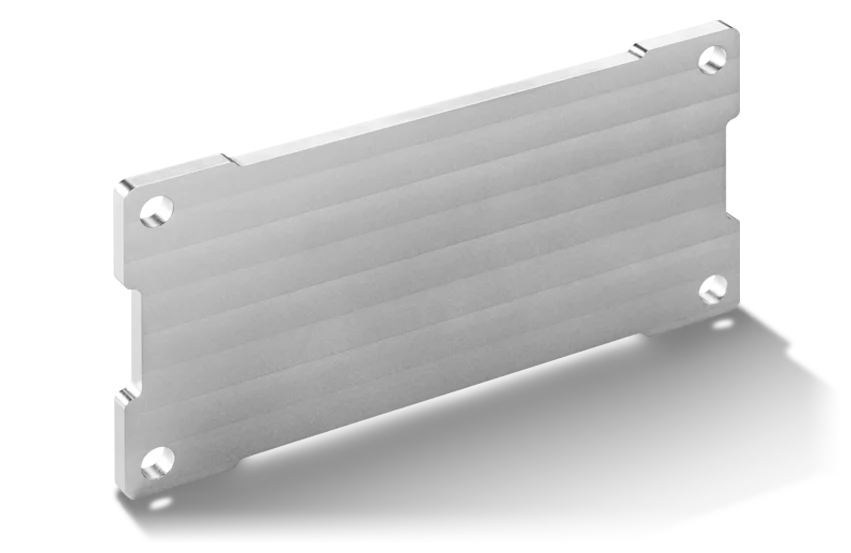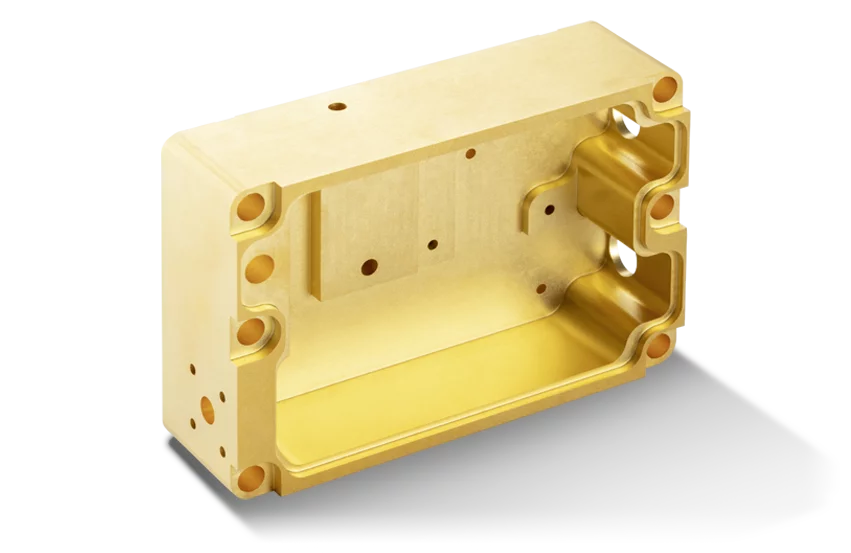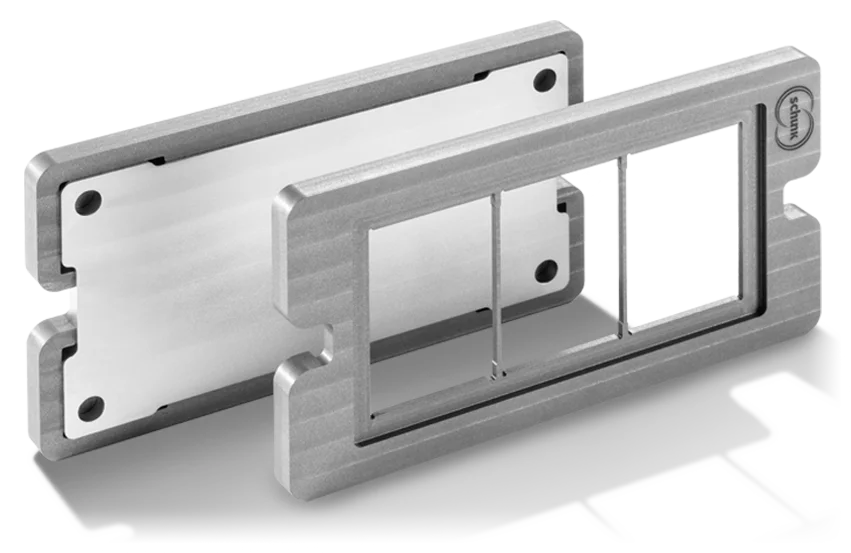Advantages
Innovative solutions for power electronics and sensor technology
- Aluminium graphite components that meet the high requirements of silicon carbide technology
- Materials that are customised for SiC
- Low density, customised thermal properties, customised thermal expansion
- Optimised thermal management
- Minimised CTE mismatch
- For modules with high reliability and long service life

Schunk Group
Engineering competence in materials technology and machine building.
Add
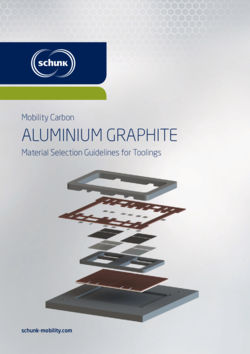
Brochure: Material Selection Guide
Material selection guide for toolings: aluminium graphite
Add

Brochure: Driven by Imagination
Leading carbon technology for electrical, mechanical and thermal systems in cars
Add
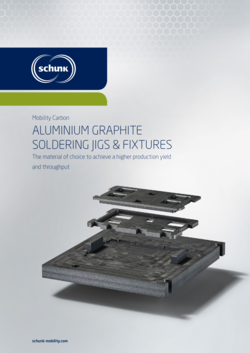
Brochure: Aluminium Graphite Composites
Thermal management materials for high reliability applications in power electronics
Add
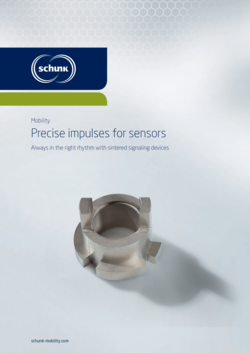
Flyer: Precise Impulses for Sensors
Always in the right rhythm with sintered signaling devices
Add
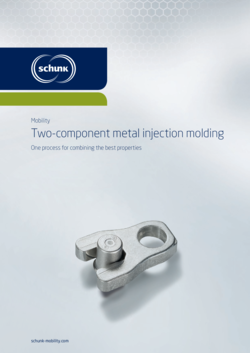
Flyer: Two-Component Metal Injection Molding
One process for combining the best properties
Add
Downloads
6 Files online

